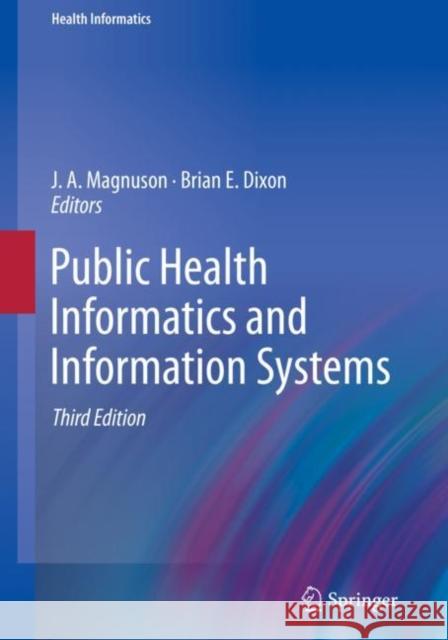Public Health Informatics and Information Systems » książka
topmenu
Public Health Informatics and Information Systems
ISBN-13: 9783030412173 / Angielski / Miękka / 2021 / 524 str.
Public Health Informatics and Information Systems
ISBN-13: 9783030412173 / Angielski / Miękka / 2021 / 524 str.
cena 241,50
(netto: 230,00 VAT: 5%)
Najniższa cena z 30 dni: 231,29
(netto: 230,00 VAT: 5%)
Najniższa cena z 30 dni: 231,29
Termin realizacji zamówienia:
ok. 22 dni roboczych.
ok. 22 dni roboczych.
Darmowa dostawa!
Kategorie BISAC:
Wydawca:
Springer
Seria wydawnicza:
Język:
Angielski
ISBN-13:
9783030412173
Rok wydania:
2021
Wydanie:
2020
Numer serii:
000037529
Ilość stron:
524
Waga:
1.07 kg
Wymiary:
25.2 x 17.81 x 2.79
Oprawa:
Miękka
Wolumenów:
01











